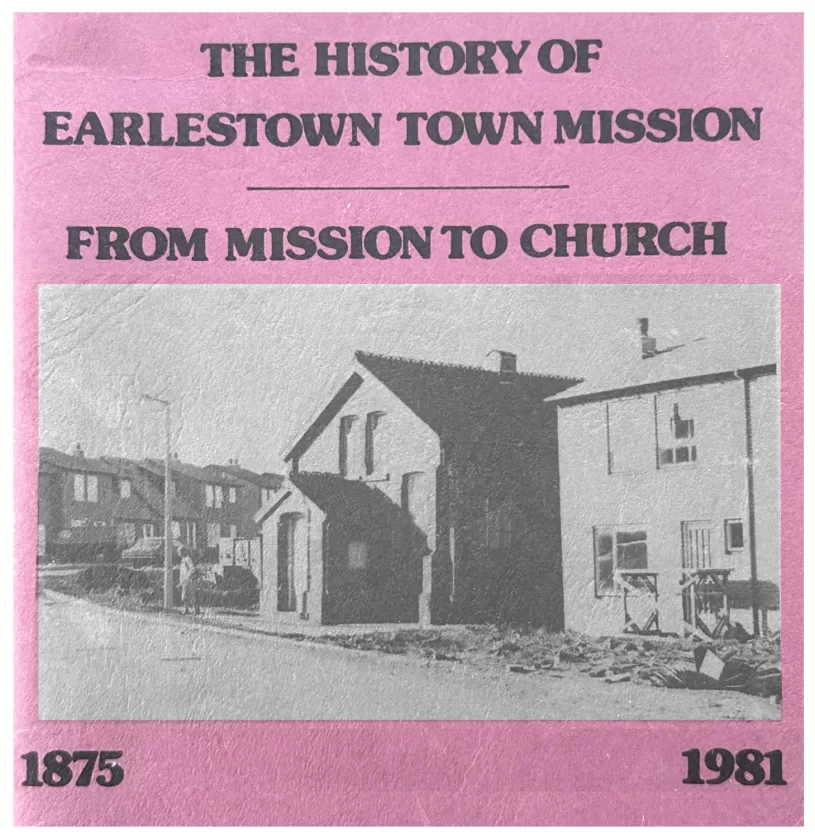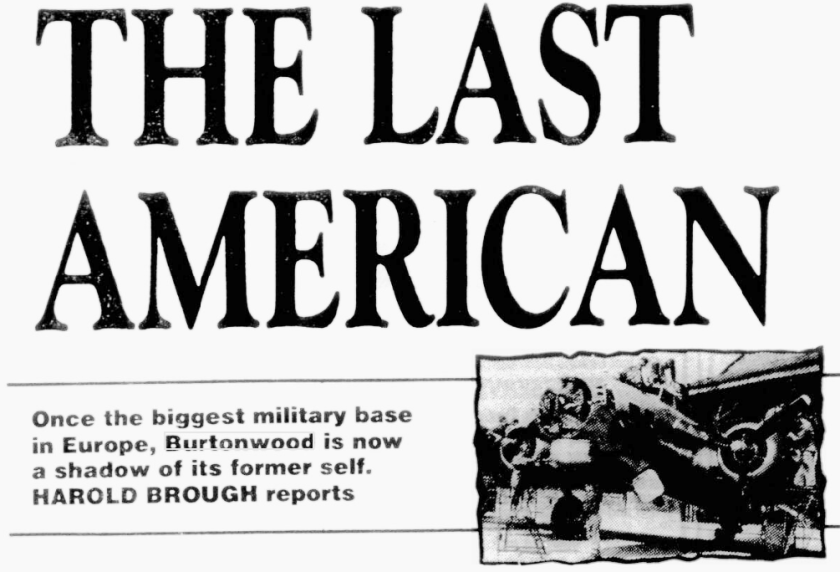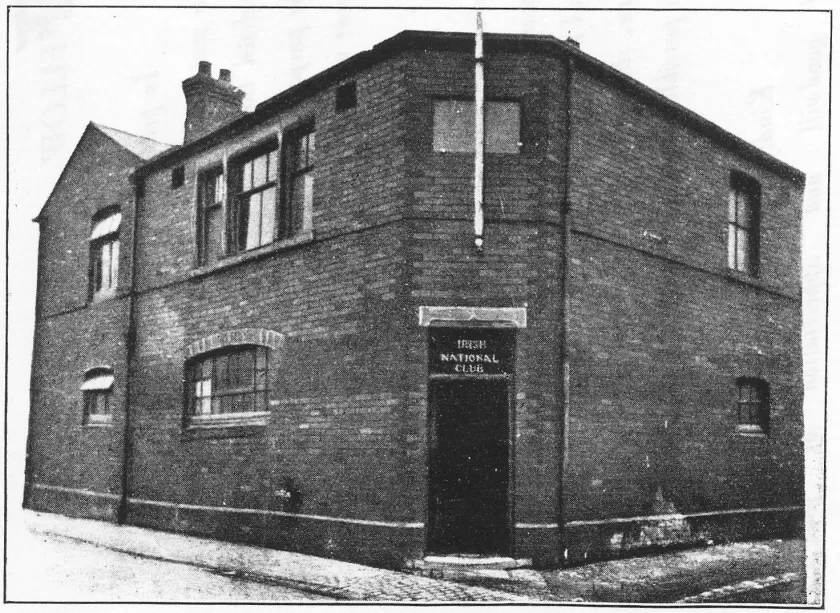James Muspratt was born in Dublin on the 12th August, 1793; his father was an Englishman, whose brother was a director of the East India Company; his mother, who was a remarkable woman of fine character and culture, was a Miss Mainwaring, one of the Cheshire family of that name. They resided in Dublin, and to a commercial school in that city sent their son.
At fourteen years of age he was taken from school and apprenticed to a Mr. Mitcheltree, a wholesale chemist and druggist, in Dublin, with whom he remained between three and four years.
In the year 1810 he had the calamity to lose his father, and in the succeeding year his mother died. She had excited in him devoted love and veneration, and to his latest day her memory was sacred to him. Just before his fathers death the young apprentice had for some cause quarrelled with his master, and was at home unoccupied when he lost his mother. An orphan, his heart heavy with grief, and his prospects darkened, the slight inheritance left him by his parents wasting away in chancery proceedings
Meanwhile was attracted by the excitement of a warriors life, and determined to seek a career in the army.
All Europe was at this time watching the exploits of Wellington and Napoleon in the Peninsula, and to this strife of heroes, James Muspratt, full of strength and valour, went.
The cavalry of England had won much glory in these campaigns, and he was determined in it to obtain a cornetcy. But commissions in mounted regiments were retained for those favoured in high quarters, and Muspratt was only able to obtain the offer of a commission in the infantry. This he scorned to accept, but still attracted by military and camp life, he followed in the wake of the troops.
Two or three days after the 22nd July (1812) he visited the bloody but glorious field of Salamanca – and during the next month or two was with his countrymen in Madrid. Wellington received the acclaims of the Madridlones on the 12th August, on his triumphant entry into the capital. General Hill, to whose keeping he handed over the city, was compelled to retreat ten weeks later, and during that time the fever, which had hovered around the pathway of the armies and their halting grounds seized on young Muspratt. He received scarcely any care or attention of any sort, and had he not had a splendid constitution he must have succumbed to the disease.
Before he had risen from his sick bed the city was full of tumult at the rapid approach of the French forces in overwhelming numbers, and a hurried retreat had to be made down the valley of the Tagus westward. Weak as he was he determined not to fall a prisoner into the enemys hands, and set out to follow the English, who had abandoned the city. It was then he accomplished the remarkable feat of walking 100 miles in two days, and made his way to Lisbon. His diary contains graphic accounts of the great hardships which he underwent; the history of that campaign relates how wretched was the state of the country, and how great were the sufferings of the troops and the inhabitants from hunger and sickness. Muspratt would gladly have got back again to his own country, and he hoped that at Lisbon he would find a vessel that would convey him home; but in this he was disappointed. Although his warlike longings had failed to be satisfied in the army, he succeeded in securing an appointment as midshipman in the navy, and in his ship, the “Impetueux,” he took part in the blockade of Brest, and was engaged in the chase of the United States frigate, the “Constitution,” the ship that vanquished the “Guerrire” in one of those celebrated naval duels.
He was promoted to rank of second officer in a smaller craft than the “Impetueux”; but the stern discipline and irksomeness of his post, accompanied, as was too often the case, with insult and humiliation, was intolerable to him, and he determined to desert. A comrade joined him in this resolve, which they carried out one dark night when the vessel lay in the Mumbles roadstead, off Swansea. The boatman who rowed them ashore only performed his perilous task under the terror of threats, that if he did not do it they would throw him overboard. In this escapade these young fellows ran great risk of disgrace and death, for such would have been their fate had they failed. Not until the morning was their escape detected, and then pursuit was fruitless.
The hard experiences through which he had passed had quenched the spirit for military adventure. As soon as he could, he made his way back from Wales to Ireland. His affairs were still in Chancery, and for the termination of the suit he was compelled to wait; but little of the property that had been left him would come into his possession, the greater portion would have been wasted in its passage through the court.
As soon as his small inheritance came into his hands he determined to use the knowledge which he had acquired during the years he spent with the Dublin apothecary. He began by manufacturing a few simple chemicals, one of which was hydrochloric acid, but in the course of a short time he was joined by a Mr. Abbott, who put some money into the business, and then they made prussiate of potash, for which there was a good demand. He would now be a young man of about five-and-twenty.
Previous to this period “in 1787, Nicolas Leblanc (france) projected his process of decomposing common salt with oil of vitriol, condensing the muriatic acid in ammonia water: then after the sulphate had been well heated, it was mixed with half its weight of chalk and quarter its weight of charcoal, these were intimately ground together and heated in a crucible; then the contents were powdered and lixiviated; the soda evaporated and dried in hot air. The patent was obtained on the 25th September, 1791”.
Muspratt had made himself acquainted with the lablanc process. He and his partner were making money by their existing business, but could not afford to launch into a new and expensive plant; still the process was being studied and watched, and when in the year 1823 the extravagant duty of ?30 per ton was taken off salt, Muspratt saw the chance and seized it. He had in the previous year (1822) separated from his partner, and came to Liverpool. Mr. Abbott declined to accompany him. Mr. Muspratt perceived that the Mersey with its splendid port, its neighbouring coal fields, and its proximity to the salt district of Cheshire, presented advantages not excelled, if even equalled by the existing successful Tyne or the Clyde lablanc process manufactures.
He appeared to think that an old glass works on a site not altogether the most favourable, could advantageously be converted into a new Chemical works. He was determined to work the Leblanc process, but he did not possess the capital to begin at once to put up the plant for it; he had therefore to continue the manufacture of prussiate of potash, and devote the profits he made to erecting the necessary lead chambers for his sulphuric acid, and the other requisites of a complete soda works.
When he commenced the production of soda ash, he found the consumers of alkali so prejudiced in favour of potash, that it was no easy matter to sell his products. The soap-boilers had actually to have the soda given to them before they would use it, and even then he was compelled personally to watch and superintend the making of the soap. But when once the consumers got over their stupidity and ignorance, the demand for the new article far exceeded his powers for production; he rapidly enlarged his Liverpool works until the ground he had leased was wholly taken up. and there was no room for further extension. He therefore joined another countryman of his, an Irishman like himself, with whom he had become acquainted in Dublin, Mr. Josias Christopher Gamble, and they selected a piece of land at St. Helens, near Gerards Bridge, where they erected a new works. This was in the year 1828.
A site on the canal side, adjacent to a colliery, and in the town in which the manufacture of glass had become established, with probably cheap land, good drainage, and a pleasant place of residence, may have been the principal reasons that caused St. Helens to be selected as the seat of the alkali trade by Muspratt and Gamble. They invaded a very prettily situated, nice little country town.
It was the residence of several well-to-do families, who lived in substantial, comfortable homes, attached to their shops, or close to their business. Gardens and well-stocked orchards ran from street to street, the roads that led out from the town were lined with avenues of trees, and on all sides were rich farm lands, with well-cultivated hedges, and abundant timber.
The streams that converged from Eccleston and Rainford, and ran down the Newton and Sankey valleys to the Mersey, were stocked with trout. If, when these founders of the industry that would so enrich this town, could, when they were selecting the site, have had a vision of the transformation they would initiate, they might have shrunk from the enterprise.
The partnership between the compatriots only lasted a couple of years.* Gamble remained at St. Helens and Muspratt took some land at Newton, close to the new railway between Liverpool and Manchester, and on the St. Helens canal. The only drawback to this site was, that it was in the very heart of an agricultural district.
Newton and Winwick were well wooded and highly cultivated, and the lands belonged to rich and influential landowners. It was to continue working the Leblanc process that these works were first erected; but wherever salt was decomposed, the appliances for the condensation of the acids were so imperfect that large quantities of gas escaped, causing great destruction to the surrounding vegetation. Gossage had not yet invented his condensing towers.
Troubles gathered round the Leblanc soda manufacturers, Liverpool, St. Helens, and Newton rose against them, and they found themselves beset with legal proceedings. On James Muspratt the chief burden rested, for he was attacked by the Liverpool Corporation, and also by Mr. Leigh and other landowners and farmers at Newton.
From 1832 to 1850 his business was harassed by almost continuous and most expensive litigation, which finally resulted in his being compelled to close and abandon both his works. He had hoped that by the erection of very tall chimneys he could carry his fumes so far into the air that before they alighted on the earth they would be so diffused and diluted as to be no longer noxious and injurious.
This certainly did to some extent mitigate the evil, especially in the immediate neighbourhood of the works; but at Newton it was found that, although the chimney was 400 feet high, in damp, heavy weather the gases condensed and fell, doing great mischief over a large area.
In 1836 Gossage brought out his coke tower condenser, and Muspratt was one of those to whom he specially commended it as the apparatus which was absolutely indispensable to him. Muspratt, however, was incredulous; he did not quite believe in the power of large moistened surfaces to condense the acids, he thought large quantities of water were necessary, and Gossage used to enjoy relating how he said: “Sure, all the waters of Ballyshannon itself, would not suffice to condense the acid I make.”
In 1849, he resolved to end his troubles, as far as they arose from battling with his neighbours in the law courts, and to leave Liverpool and Newton, and in 1850 the works at Widnes and Flint were begun. A time of great prosperity dawned upon the alkali trade, and although when Muspratt went to Widnes, it contained only from between three and four thousand inhabitants, yet in 1861 the population had risen to 6,905, and in 1881 to 24,905.
He died when he was 93 years of age at his home, Seaforth Hall, near Liverpool, on Tuesday, 4th May, 1886, and was buried in the Parish Churchyard of Walton.
Before leaving Dublin, in the year 1819, Muspratt had married Miss Connor, by whom he had ten children; his four sons, James Sheridan, Richard, Frederic, and Edmund Knowles, he had educated to be chemists, and to succeed in the business.



